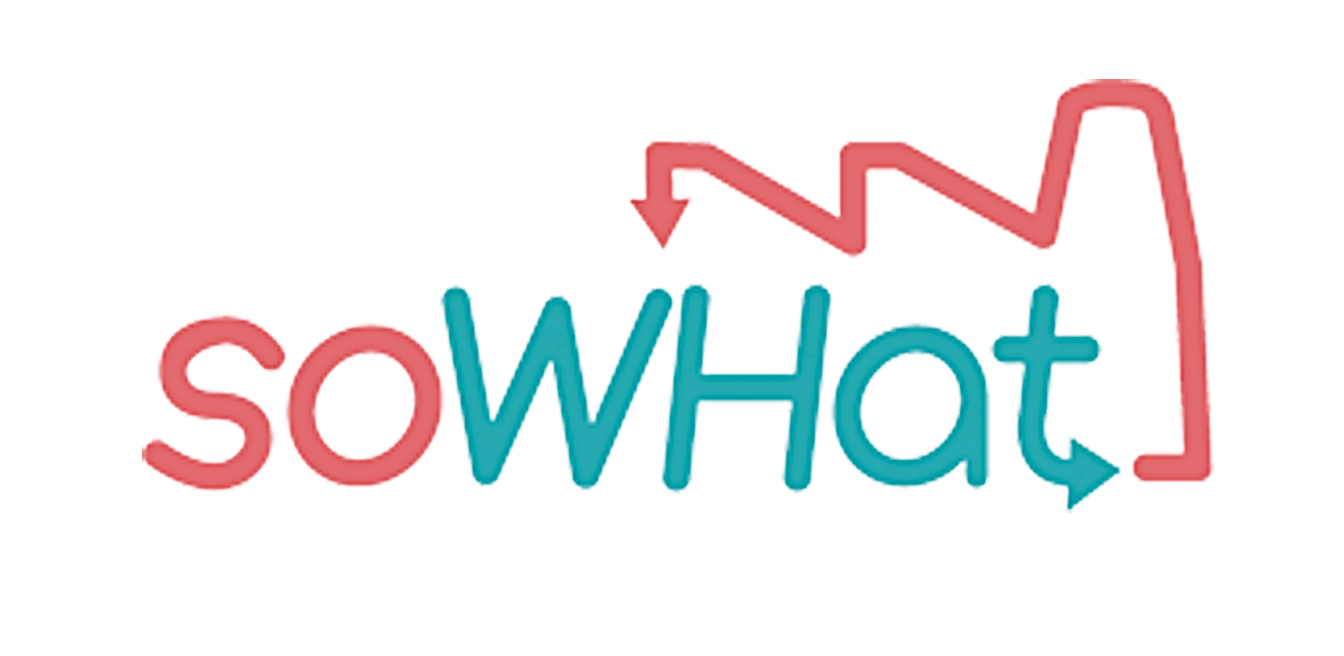SO WHAT is a project funded by H2020, the European Union Framework Program for Research and Innovation. Its main objective is to develop and demonstrate an integrated software which will support industries and energy utilities in selecting, simulating and comparing alternative Waste Heat and Waste Cold (WH/C) exploitation technologies that could cost-effectively balance the local forecasted H&C demand also via RES integration. The SO WHAT integrated tool will be designed to support industries, and energy utilities in:
- auditing the industrial process to understand where WH/WC could be valorised
- mapping the potential of locally available RES sources to be integrated with WH/WC potential
- mapping the local forecasted demand for heating and cooling
- define and simulate alternative cost-effective scenarios based on WH/WC technologies also leveraging TES introduction
- evaluate the impacts (in terms of energetic, economic and environmental KPIs) that the adoption of the new scenarios will generate against the current situation (i.e., baseline) both at industrial and local level
- promoting innovative contractual arrangements and financing models to guarantee economically viable solutions and less risky investments.
To do so, SO WHAT will capitalize already existing tool and knowledge from previous research experiences (REEMAIN, PLANHEAT, REUSEHEAT, CELSIUS2.0) and the expertise of 11 industrial validation sites from different REII/ non-REII sectors (petrochemical, chemical, metallurgic, food etc.) that will be involved in the project to validate the tool and provide relevant insights for its development.
(click to widen SO WHAT overall concept)
Our role
Envipark leads the task related to the definition of the lessons learnt (environmental and technical benefits) including the evaluation also of no energy benefits of investment beyond energy and organising an internal CLUSTER WS in order to collect Cluster lessons learnt. It is also responsibe for developing a Training plan composed by E-Learning activities and physical workshops and the main guidelines for training material.
Further information on this project can be found on the dedicated website

